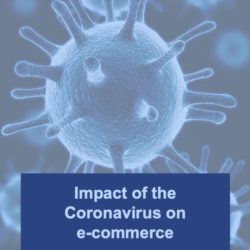No ethics KPIs for 90% of companies globally

Less than 10% of companies worldwide report on key performance indicators (KPIs) related to business ethics. The transportation, storage and manufacturing sectors all score significantly below the global average, putting them at a high risk of corruption. These are the striking conclusions by EcoVadis, a provider of business sustainability ratings, following its first-of-a-kind analysis of the efforts of more than 20,000 companies in fighting abuse of power, conflict of interest, bribery, money laundering and/or fraud.
The study was conducted from January 2017 to June 2018 across 100 countries and 150 industries. Companies were rated on a scale from 0 to 100, with scores below 45 representing medium to high risk, and scores below 25 indicating very high risk. Analysis revealed that the world’s average business ethics score is just 42.4, which indicates that most organizations are taking a reactive, unstructured approach to fighting corruption risks, according to EcoVadis.
The study found that North American and European companies are leading the world in business ethics with scores above 45, indicating they are the most proactive and structured when dealing with business ethics issues. Power transmission and generation (50.2) had the highest average industry score followed by information and communication technology (47.7), real estate (47.7) and legal and consulting (46.4). Meanwhile wholesale, transportation and storage, as well as construction and the light and heavy manufacturing sectors, all scored below the global average, suggesting that these industries are at high risk for corruption, bribery and fraud.
Furthermore, reporting on business ethics issues is still very rare. On average, less than 10% of companies worldwide report on business ethics KPIs, with North American companies performing just slightly better (12%).
Internal control measures
“While most companies formalize anti-corruption policies through a code of conduct, few are taking the next step and implementing internal control measures. Written frameworks are a great starting point, but they are not sufficient for mitigating all corruption risks, which can wreak havoc on companies’ bottom lines and reputations if not addressed”, said Pierre-Francois Thaler, Co-CEO of EcoVadis. “To tackle these issues effectively, executive leaders need to deploy a holistic and structured risk mitigation program that fosters transparency, encourages collaboration on performance improvements, and holds all parties accountable.” Corruption is defined broadly under the EcoVadis methodology as any kind of abuse of entrusted power in the workplace for private gain, taking the form of bribery, conflict of interest, fraud and/or money laundering.










